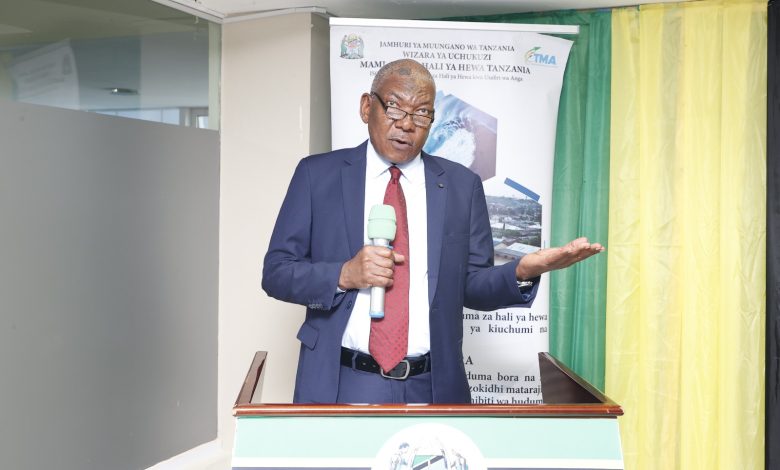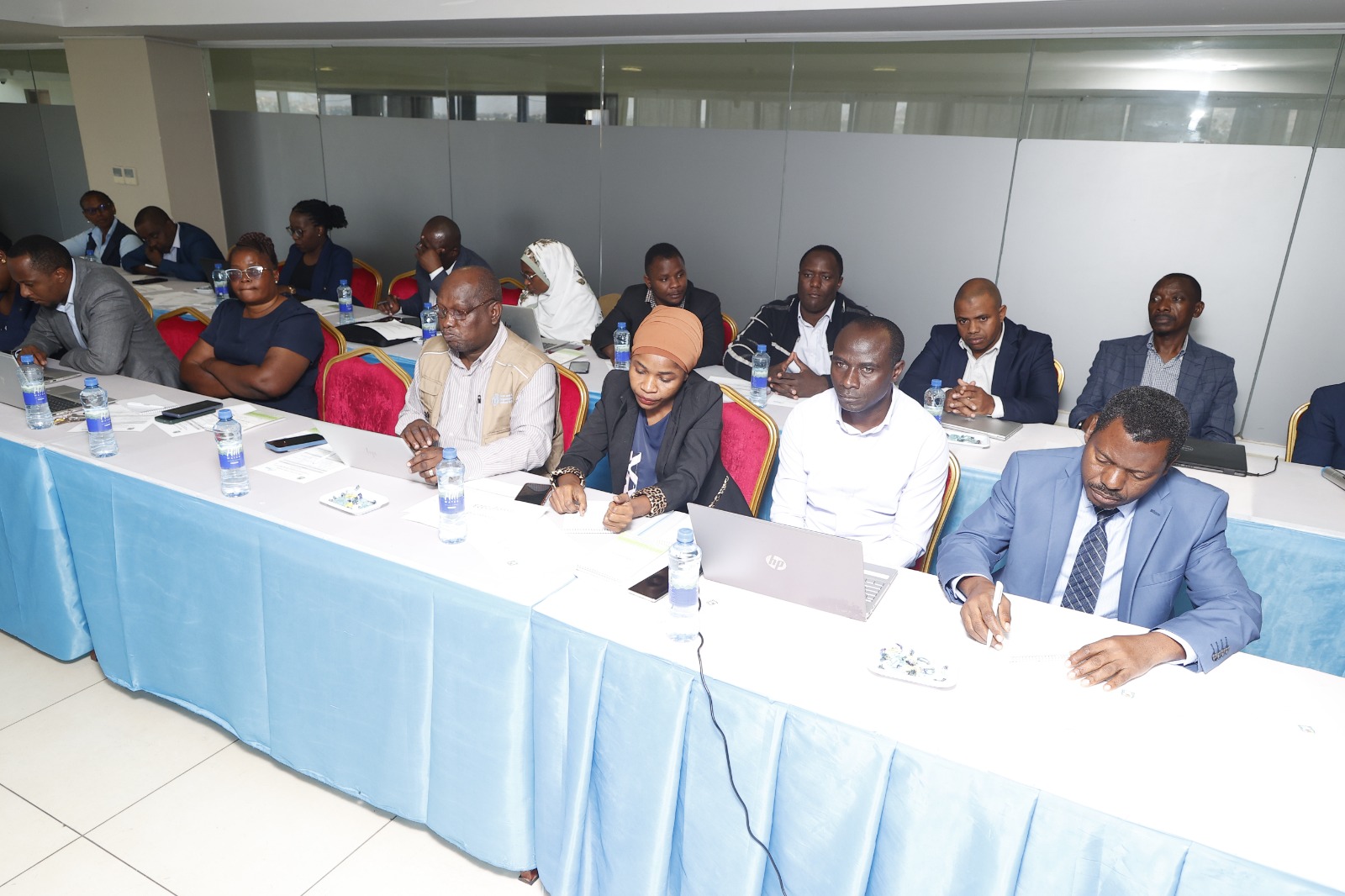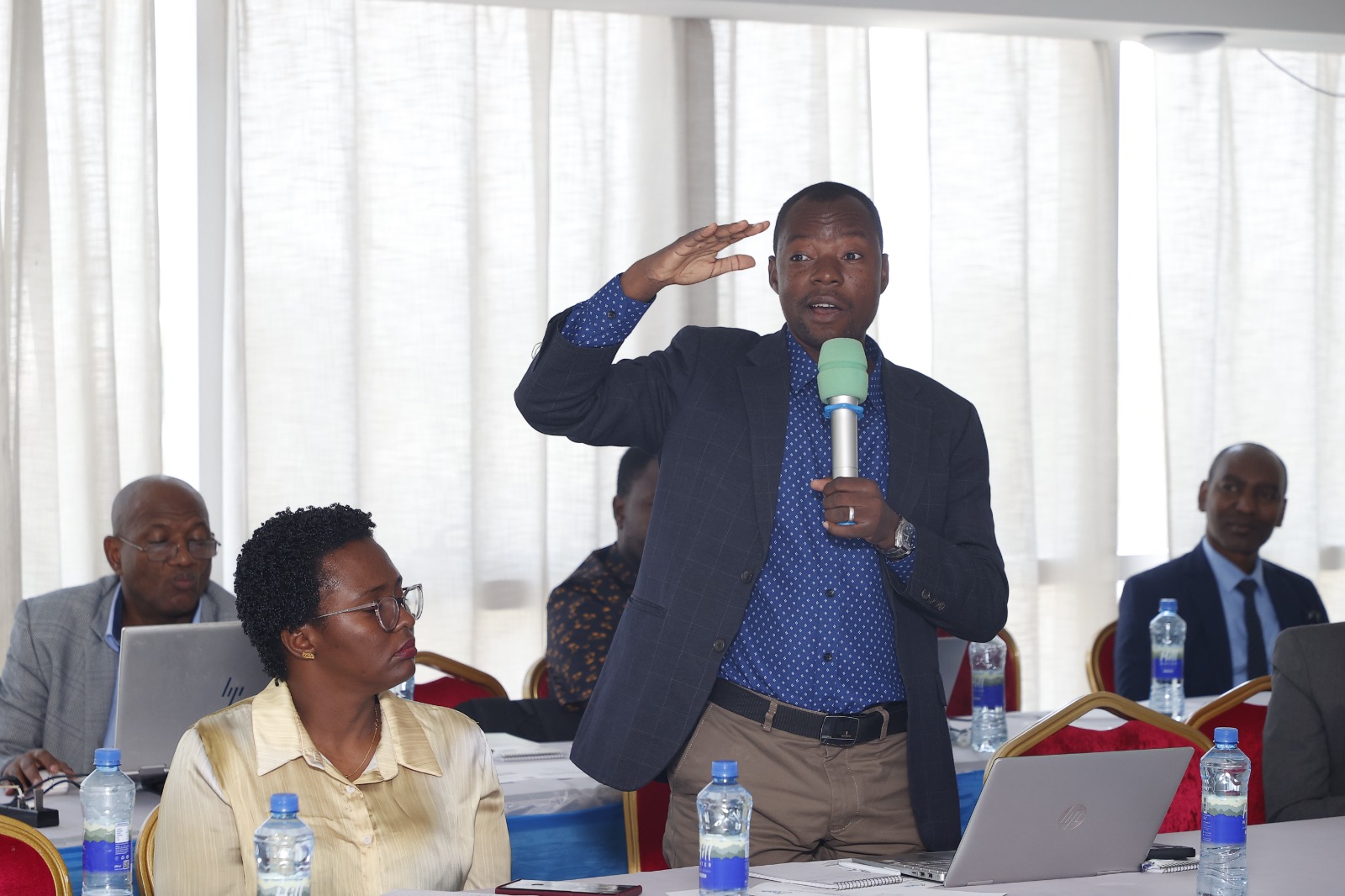TMA addresses climate change impacts as torential rains begin

DODOMA: THE Tanzania Meteorological Authority (TMA) held talks with stakeholders from various sectors in a move aimed to effectively address the impacts of climate change heading to torrential rain season.
The was revealed by the TMA Board Chairman, Justice Mshibe Ali Bakari, during the opening of TMA’s 24th stakeholders’ meeting on the Seasonal Forecast for the 2025 Vuli Rainfall (October to December), held at the PSSSF hall in Dodoma.
The meeting, which brought together stakeholders from different sectors, was held under the theme: “Effective use of weather information in planning and executing daily activities for sustainable development.”
ALSO READ: SADC centre commends TMA for quality weather services
Speaking during the event, Justice Mshibe commended TMA’s efforts in engaging stakeholders in the preparation of seasonal weather forecasts, describing it as a commendable initiative especially in the face of increasing global and national challenges posed by climate change.
“This kind of collaboration should be sustained, especially now when the world is grappling with the serious challenges of climate change,” he said.
He also emphasized the importance of TMA disseminating weather information in a timely manner using various communication platforms, noting that “the world is now in the palm of our hands.”
On his part, the Acting Director General of TMA and Vice-Chair of the Intergovernmental Panel on Climate Change (IPCC), Dr. Ladislaus Chang’a, highlighted that stakeholder involvement has strengthened the delivery of weather services and enhanced the proper use of weather information across different sectors.

During the meeting, stakeholders also gave feedback on the impact of the 2025 Masika (long rains) season. A representative from the Dodoma Regional Commissioner’s Office, Mr. Wilfred Kavishe, commended TMA for providing accurate information that supported the region’s planning in agricultural production. However, he noted that some farmers suffered losses due to failure to follow expert advice, resulting in lower-than-expected yields.
Meanwhile, Mr. Emmanuel Lyimo, a representative from the Prime Minister’s Office (Disaster Coordination), explained how early weather forecasts for the Masika rains helped the government take proactive measures. These included preparing emergency plans, providing training, alerting ministries and regional authorities, and coordinating disaster response strategies in high-risk areas.
TMA reported that its forecast accuracy for the 2025 Masika rains stood at 87.5 percent, and it is expected to officially release the 2025 Vuli Rainfall Season Forecast on September 11, 2025, in Dar es Salaam.






